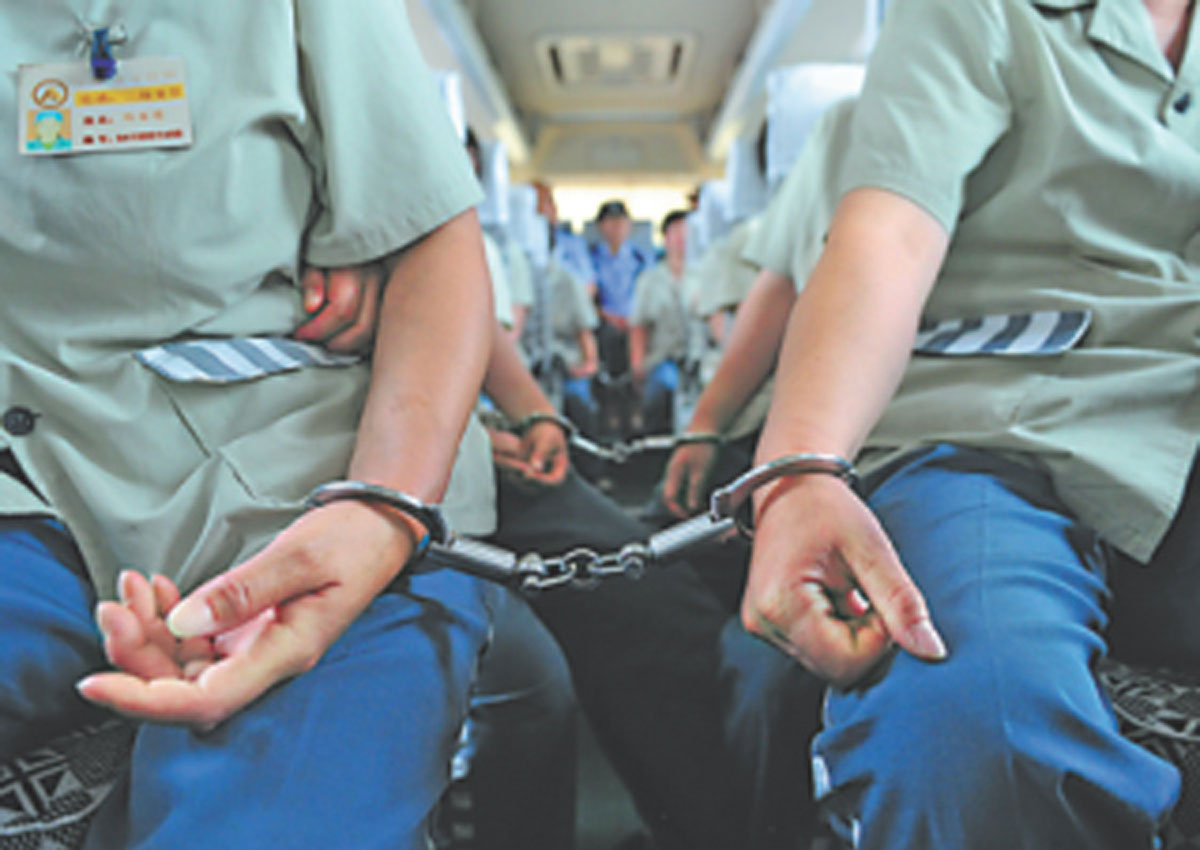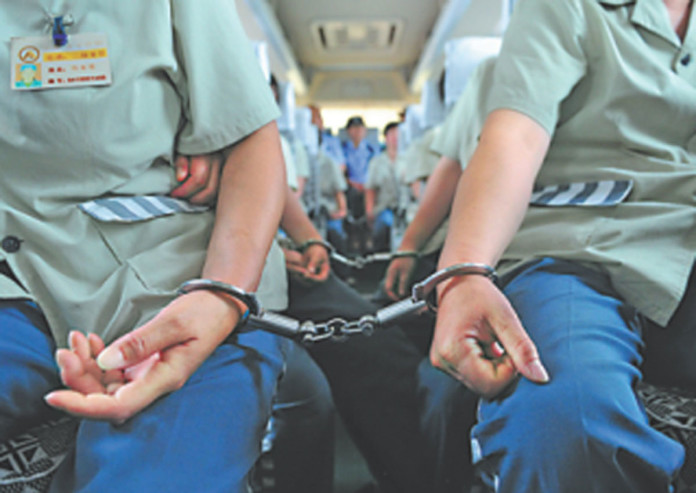Officials who commit severe corruption crimes, such as taking a huge amount of bribes, may face a new sentence now – life imprisonment without parole, according to an interpretation issued on Monday by the top judiciary authorities.
“The life sentence without parole is a new category of penalty for corruption, which means convicts given such punishment will spend the rest of their life in prison, no matter how well they behave while serving their sentences,” said Pei Xianding, chief judge of the criminal tribunal under the Supreme People’s Court.
In the past, a death sentence with a two-year reprieve could be commuted to a life sentence if the person convicted behaved well during the two years, and the sentence might be further cut if they continue to behave in prison, according to Pei.
But under the new interpretation, effective on Monday, convicts will not have a chance to leave prison if they are given the sentence, he said.
Life in prison without parole will be handed down in conjunction with a death sentence with a two-year reprieve, according to the interpretation by the Supreme People’s Court and the Supreme People’s Procuratorate.
“For some defendants, the death penalty is too heavy and a suspended death sentence too light, so we made the new sentence after research and discussion, in a move to ensure punishments will be in line with offences,” he said.
Pei stressed it does not mean there will be no death penalty in corruption cases.
“For those whose offences meet the requirements of the death penalty, the courts will sentence them to death without hesitation,” he added.
Zhou Guangquan, a criminal law professor at Tsinghua University, said: “The new sentence is an alternative form of death penalty for corruption, and it must be enforced unconditionally. Defendants given such a penalty will not be released or have their sentence commuted.”
The new interpretation also raises the threshold of corruption cases to 30,000 yuan (S$6,263), “because the 5,000 yuan standard in the 1997 version could not keep pace with economic development,” said Chen Xingliang, a law professor at Peking University.
But Miao Youshui, deputy chief judge of the criminal tribunal, said that those engaged in a small amount of bribes will still be punished if they refuse to return illicitly obtained money, have been sentenced on other charges or have been given disciplinary punishment for embezzlement or bribery.
In addition, the definition of property in corruption cases has been extended, Miao said. “For example, house decoration, paying debts or trips will also be defined as bribery,” he added.
The new interpretation is intended to give judges and prosecutors more teeth in their fight against corruption.
From 2013 to last year, China’s courts accepted 81,805 cases of corruption, of which 69,017 were concluded, according to the top court.
Prosecutors dealt with 4,490 cases involving 1 million yuan or more in corruption, bribery and embezzlement last year, and they also began investigating several ministerial-level officials, including Ling Jihua, former head of the United Front Work Department of the CPC Central Committee.
caoyin@chinadaily.com.cn






